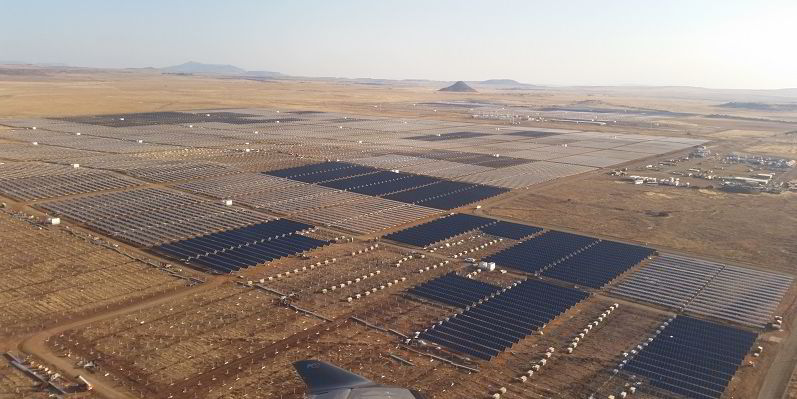The South African Photovoltaic Industry Association (SAPVIA) said the delays to the renewables programme are directly affecting the viability of projects which are at an advanced stage of development and frightening away foreign investors.
SAPVIA said the uncertainty is also causing the shutdown of local manufacturing plants resulting in the loss of hundreds, and potentially thousands of jobs. This comes at a time when employment is a vital factor in lifting South Africa’s economic growth rate, projected to be marginally above zero per cent this year.
The association said three areas of the IPP programme being affected are round 4 projects in preferred bidder status, the expedited round where projects are awaiting an announcement, and developments in the small projects IPP awaiting financial close.
“In all these cases the private sector has outlaid significant capital to bring these projects to advanced stages of permitting, licensing and design, but the government has missed several key deadlines to execute the required agreements or make announcements.
“Although the IPP programme adjusts the tariff by inflation annually, delays impose costs for projects and other industry players for which there is no compensation. Project developers, manufacturers and financiers are all affected.
“The delays make planning very difficult for our members and we are concerned that this may result in projects being abandoned,” says SAPVIA.
The row centres on recently reported comments to government by Ben Ngubane, the chairman of Eskom, that it will halt the signing of any more power purchase agreements with renewable IPPs once the current “round 4.5” is completed until the impact on its own finances can be assessed.
Eskom chief executive Brian Molefe has fuelled the controversy by giving interviews highlighting the intermittency of wind and solar generation, and talking up the role of nuclear in the low-carbon economy.
SAPVIA said projects in preferred bidder status have spent up to 15m rand ($1m) on securing land, legal fees, bidding and design. It said abandoning a project means this money is wasted and thousands of jobs may never materialise.
The association said there are currently 49 projects in preferred bidder status, equivalent to 2.25GW. “At the current average – based on operational projects – of 11.63 jobs per megawatt, if Eskom were not to execute the power purchase agreements (PPAs) over 26,000 jobs would not materialise.”
SAPVIA said two leading international inverter manufacturers, SMA and AEG that had invested in factories in South Africa have closed.
The association said the reasons for the delays are not clear, but it appears that the issue lies in Eskom refusing to execute further PPAs even for projects in preferred bidder status.
“Despite Eskom’s statements, renewable energy has already brought huge benefits to South Africa,” said SAPVIA. “Through the competitive nature of the IPP programme and the learning within the industry, renewable energy prices are now cheaper than Eskom’s average selling price.”
South African energy minister Tina Joemat-Pettersson has insisted that renewables remained on the agenda.
However, SAPVIA said the ongoing delays, coupled with the recent comments from Eskom’s Molefe indicating they would not enter into future PPAs with IPPs “creates uncertainty and casts a shadow over what up to now has been one of the government’s most successful public/private sector initiatives”.

